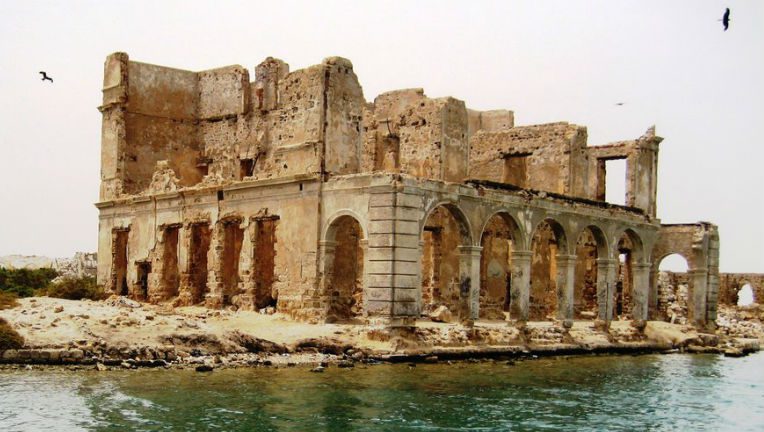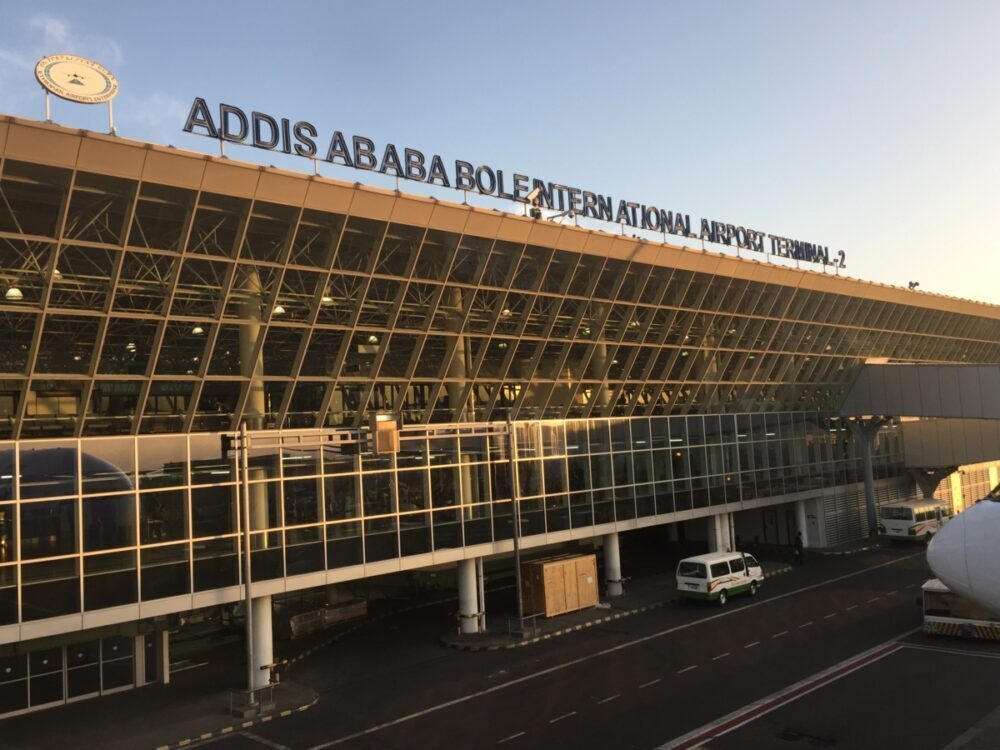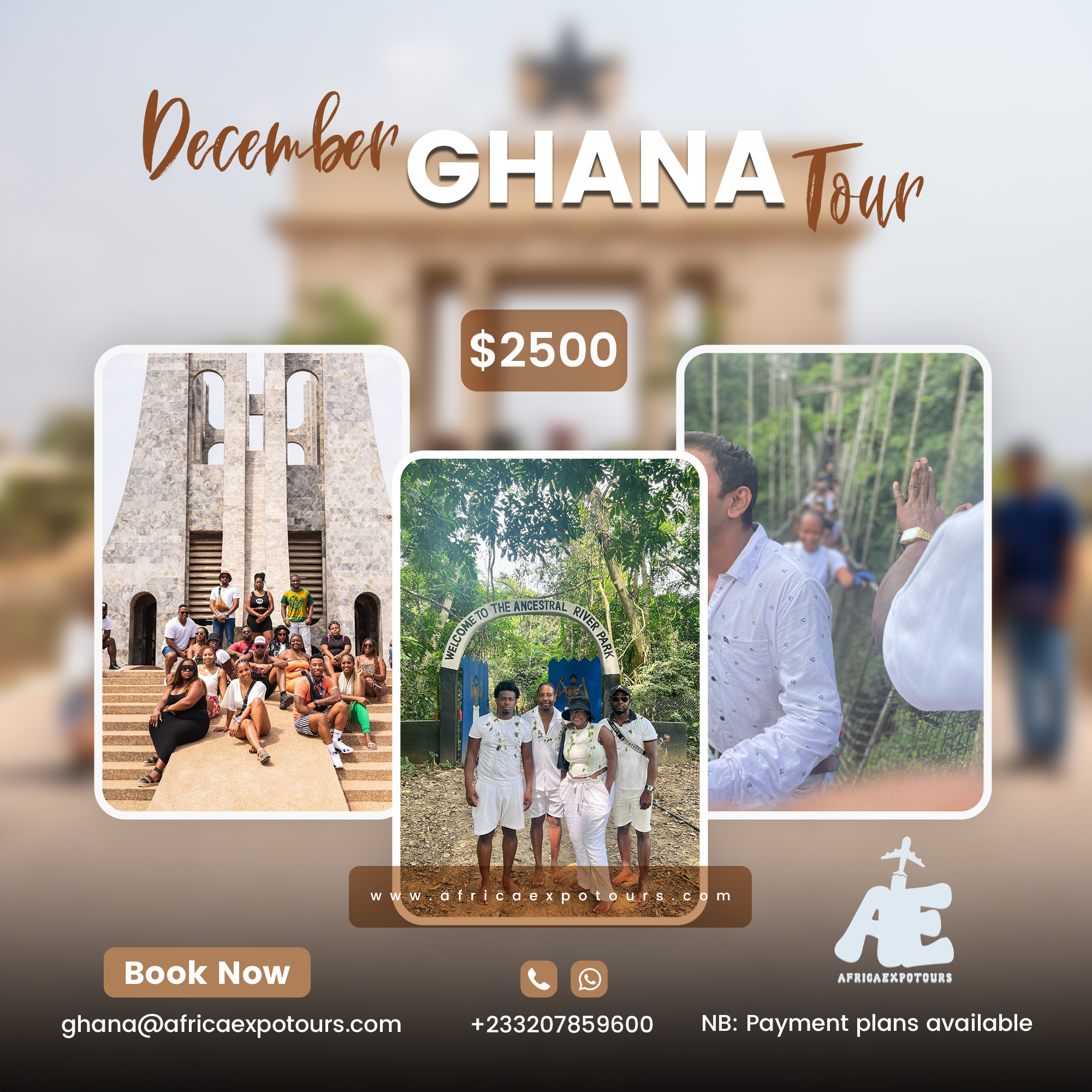World Tourism Day 2017 presents a unique opportunity to raise awareness on the contribution of sustainable tourism to development among public and private sector decision-makers and the international community while mobilizing all stakeholders to work together in making tourism a catalyst for positive change.
 Ghana, formerly known as the Gold Coast is a richly endowed country in sub-Saharan Africa blessed with dozens of historical monuments and tourist sites.
Ghana, formerly known as the Gold Coast is a richly endowed country in sub-Saharan Africa blessed with dozens of historical monuments and tourist sites.
This West African nation has increasingly become a first point destination for most tourists around the world who seek to either get away from the stress of work, spend time with friends and family or change their natural environments.
Traveling is fantastic. If you’ve never had the travel bug hit you, or feel just a little apprehensive planning a trip to a country you’ve never been to, this little reading exercise will give you an insight to what you have been missing so far. Tourism is great for not just individual travelers, but also the local economies. Primarily it’s just a fantastic source of
Tourism is great for not just individual travelers, but also the local economies. Primarily it’s just a fantastic source of income because it’s money that wouldn’t have been earned if the tourists were not there.
Tourism also allows wealth to be injected into a community in a variety of ways. The great benefit of this industry is that it’s extremely labor-intensive, and many of the businesses that operate within it are only small businesses and micro-operators.
What would this be for Ghana, the home to the largest lake in the world by surface area – the Lake Volta? We have dozens of castles and forts, nature reserves and national parks in the country to keep you company when you plan your visits!
Tourism is a significant contributor to economic growth and development in Ghana. It is a major source of foreign exchange, employment, and government revenues. The industry contributed some GH¢4.5 billion to Ghana’s economy in 2015.For anyone that is still wondering how all this trickles down into the economy, check out this course on economics and learn how the different parts are all connected. This article will cover the obvious, and the not so obvious advantages of tourism for the local industry, in addition to the main benefit of bringing income into a community that would otherwise have not been earned.
 For anyone that is still wondering how all this trickles down into the economy, check out these not so obvious advantages of tourism for the local industry in Ghana if taken seriously in addition to the main benefit of bringing income into a community that would otherwise have not been earned.
For anyone that is still wondering how all this trickles down into the economy, check out these not so obvious advantages of tourism for the local industry in Ghana if taken seriously in addition to the main benefit of bringing income into a community that would otherwise have not been earned.
Employment
One of the easiest advantages to identify is the jobs tourism brings. This ranges from directly influenced positions like tour guides, hotel staff, coach services, and restaurants. What’s great about all these businesses is that they not only pay wages to their staff but source goods and products locally, giving a boost to the local industry.
Increased Spending in the Local Community
First you have the money that is spent directly by tourists in the economy. Not just on tourism, but there is a huge range of basic human requirements that need to be purchased, like food, clothing, hairdressing, medical services, and transportation needs that all need to be filled, along with souvenirs and amusements. In its own way, tourism supports global trade.
Diversification
In addition to bringing prosperity to an economy, it also allows an economy to develop a new form of income. This acts as an insurance policy in case of hard times because the additional money coming in can help support traditional industries in case they come under financial pressure. This is especially important for communities that rely on a single industry, or where there is a concentration of industry that is environmentally damaging such as mining or manufacturing.
Infrastructure
The additional revenue that comes into a community also benefits the local council or governments. This means the infrastructure improves, with new roads being built, parks developed and public spaces improved. The better facilities bring in more visitors, but is a fantastic benefit to local residents, especially when there is enough revenue to build new schools, and hospitals, which all support the economic development even further. Without a good infrastructure, the flow of goods and services is impossible, and tourism revenues allow this to be supported.
Social advantages
In addition to the revenue, there are also fantastic cultural advantages to tourism. It can be a source of pride for local communities and allow them to look at their history, and cultural heritage and develop their own community identity. Tourism can help to preserve the history of a region that may be at risk of being lost.
Environmental Advantages
Many tourism operators are differentiating themselves from their counterparts by offering tours and packages with an environmental twist and supporting the conservation of the local area. This helps both the environment in dealing with the influx of tourists but also helps to build a strong reputation for the tourism operator. As a traveler, remember to respect the places you visit and always leave them as you found it. One of the best ways to practice this is this course on becoming an expert travel photographer, so you can have all the memories but leave only your footprints.
Opportunities
Bringing tourists into a community gives it new life, and creates opportunities for entrepreneurs to establish new services and products, or facilities that would not be sustainable based on the local population of residents alone. Tourists are all potential customers, and with the right approach can be targeted in a business strategy that allows for fantastic success.
There’s no doubt tourism is fantastic for a local community.
Source: Samcilla/BjrliveFM.com/270917/






















































Discussion about this post